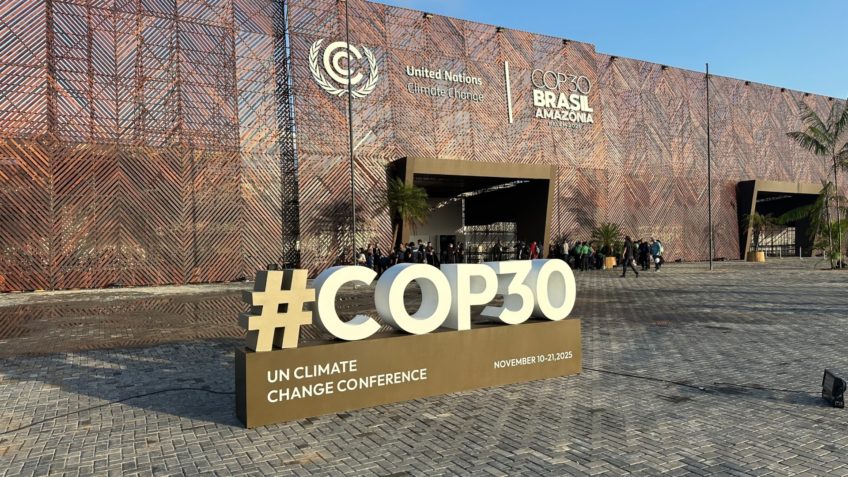Global Focus on the UN Climate Conference: A Mixed Media Response
The recent UN Climate Conference, known as COP30, kicked off on November 6, 2025, in Belém, Brazil. As the world convenes to address pressing climate issues, the media’s coverage of the event has been notably uneven, revealing a complex landscape of editorial priorities across different countries.
Media Attention: A Tale of Two Coverage Styles
While some international publications have devoted significant print and digital space to the climate conference, others have approached the topic more quietly, emphasizing either local issues or global political dynamics. This disparity raises questions about the role of media in shaping public perception and influencing climate action.
Prominent Coverage from Key Newspapers
A handful of newspapers have stepped up to spotlight the significance of COP30. The British Guardian, the French Le Monde, the Spanish El País, the German DW, and the American Washington Post and Bloomberg stand out for their detailed reporting. For example, shortly after the conference commenced, the Guardian highlighted UN Secretary-General António Guterres’ strong warning about the world potentially exceeding the 1.5°C warming limit, labeling it a “moral failure.”
Focus on Optimism and Challenges
On November 7, Le Monde reported on Brazil’s optimistic positioning within the conference agenda. The Brazilian government aims to frame COP30 as a pivotal moment for the Global South, emphasizing the protection of the Amazon rainforest and committing to new climate financing initiatives. Furthermore, the article pointed out some logistical challenges, including exorbitant accommodation costs in Belém, which could pose additional barriers for attending delegates.
Symbolism and Financial Commitment
DW took a more symbolic angle, noting the importance of the Amazon in climate discussions. The publication reported on the newly launched Tropical Forests Forever Fund, which promises to invest $125 billion in forest protection and support indigenous communities in conservation efforts. This commitment underscores both Brazil’s proactive stance and the symbolic value of the Amazon as a focal point in the global climate dialogue.
Political Entanglements
In the U.S., media coverage has predominantly framed the conference through a political and economic lens. The absence of the American President at COP30 has drawn attention, particularly as it raises implications for U.S. climate diplomacy. Reports highlighted how the lack of high-level representation might affect negotiations and initiatives stemming from the summit.
Economic Perspectives on Climate Action
U.S. outlets have also focused on the financial aspects of climate action, discussing investment opportunities in clean energy and the implications for companies looking to leverage the urgency of climate change. This nuanced approach aligns with broader American economic interests amidst complex political dynamics.
A Subdued Response from Other Outlets
Contrasting with prominent reporting is the more discreet treatment of COP30 by many long-range media outlets. Publications that traditionally engage in in-depth commentary on global issues have largely taken a backseat, offering mostly explanatory articles or opinion pieces that don’t dominate their platforms’ front pages.
Coverage by Agencies
Meanwhile, news agencies have maintained steady but focused coverage of the conference, largely reporting on logistical aspects and the challenges faced by Belém in hosting such a significant event. Coverage has spotlighted the arrival of international delegations and the infrastructural hurdles currently affecting the event’s smooth execution.
The Complexity of Climate Coverage
The varied responses to COP30 reflect broader media tendencies towards sensationalism, political framing, and localized reporting. As climate change remains one of the most pressing global issues, the role of journalism in shaping narratives cannot be understated. The discrepancies in coverage highlight the need for a balanced approach that encompasses both local and global perspectives on climate action.
Each day of COP30 brings new developments and statements that will further define the conference’s outcome and its reception worldwide, emphasizing the ongoing importance of media in the discourse surrounding climate change initiatives.



